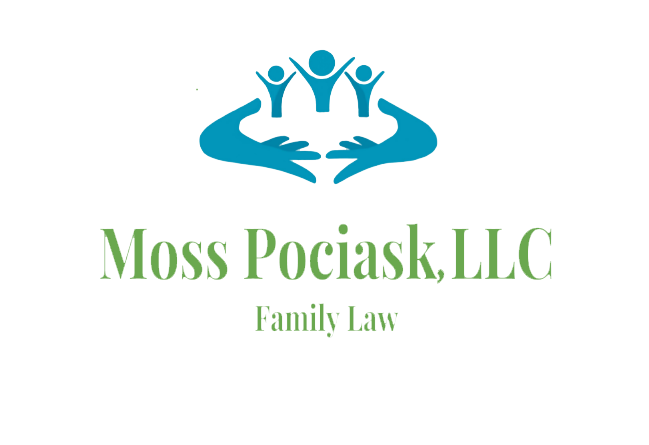Child Custody
One of the most difficult aspects of a divorce or paternity case are the topics relating to children. Some of the topics that must be addressed are set forth below:
More About Child Custody
Legal Custody
Legal custody determines which parent has the authority to make major decisions surrounding the health, welfare, and education of the child. The following are examples of major decisions: the choice or change of schools, including college or special tutoring; choice or change of physician, surgeon or dentist; religious instruction, training or education; selection of child care providers; major medical care, surgery, or any medical procedure requiring hospitalization or out-patient surgery; major dental work and orthodontia; psychological or psychiatric treatment or counseling; the choice or change of camps or other special or extracurricular activities; the extent of any travel away from home; part or full-time employment; purchase or operation of a motor vehicle; contraception and sex education; actual or potential litigation on behalf of the children. A family law proceeding determines whether the parents will share joint legal custody or if one parent will have sole legal custody.
Physical Custody
Physical custody relates to the time each parent will spend with the children. A family law proceeding determines if the parents will share joint physical custody or if one parent will have sole physical custody of the children with the other parent having reasonable rights of visitation. In some cases, it is appropriate for a parent to have supervised visitation. A family law proceeding determines which parent’s address is used for school purposes.
Determination of Legal and Physical Custody
When determining legal and physical custody, the standard is the best interest of the child. The following factors are considered when determining what is in the best interest of the child:
- The wishes of the child’s parents as to custody and the proposed parenting plan submitted by both parents
- The needs of the child for frequent, continuing and meaningful relationship with both parents and the ability and willingness of parents to actively perform their functions as mother and father for the needs of the child
- The interaction and interrelationship of the child with parents, siblings, and any other person who may significantly affect the child’s best interests
- Which parent is more likely to allow the child frequent, continuing the meaningful contact with the other parent
- The child’s adjustment to the child’s home, school and community
- The medical and physical health of all individuals involved
- The intention of either parent to relocate the principal residence of the child
- The wishes of the child as to the child’s custodian

